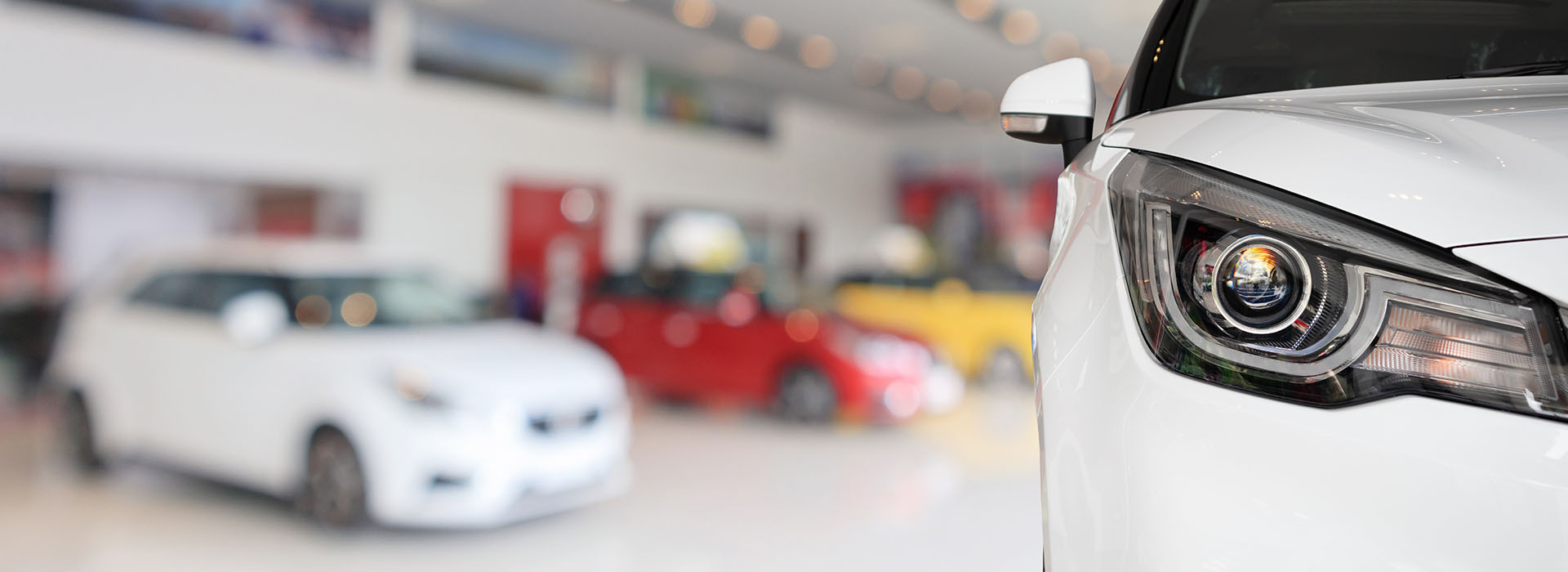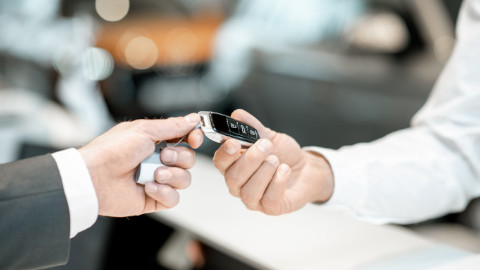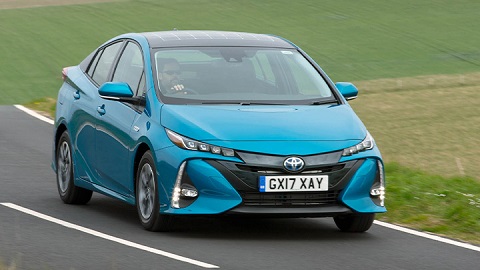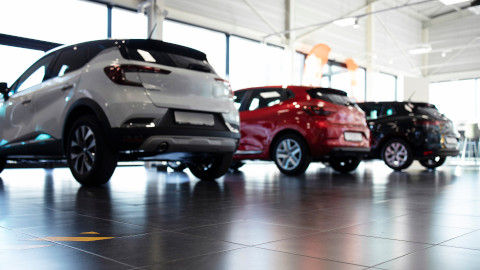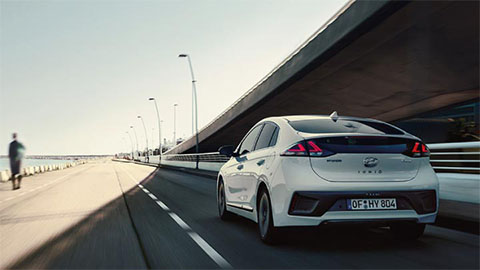Buying a car is a big decision, and while choosing the right make and model is important, so is the timing of your purchase. Knowing when to buy can make a noticeable difference, not just in terms of price, but also in the deals available, the service you receive, and even the choice of stock.
So, when exactly is the best time to buy a car? There's no one answer - the right time for you will depend on your personal circumstances, the type of car you're after, and whether you're looking for a brand-new, nearly-new, or used car. That said, there are certain times of the year, seasonal patterns, and cycles that can work in your favour.
Whether you’re aiming to stretch your budget as far as it can go or simply want to avoid unnecessary waiting lists, understanding the car market can put you in a much stronger buying position. Below, we explore the key times to buy a car and what you can expect from the market throughout the year.
- When is the best time to buy a new car?
- When is the best time to buy a used car?
- Frequently asked questions
When is the best time to buy a new car?

If you're in the market for a new car, timing your purchase well could save you hundreds or even thousands of pounds. Prices can vary depending on the time of year, and so can the kinds of offers or finance deals available. From plate change periods to end-of-year sales targets, some moments in the calendar tend to give you more negotiating power or a wider choice of stock.
New number plate discounts
In the UK, new number plates are released twice a year in March and September. These dates are important because they mark a surge in new car sales, often driven by customers who want the latest registration. To meet this demand, dealers usually increase their stock and promote more competitive finance deals, upgrade packages, or deposit contributions.
In the weeks leading up to these plate changes, dealerships often try to clear out existing stock to make room for incoming vehicles with the new plates. That can work in your favour if you're not too concerned about having the very latest registration. You’ll still be getting a brand-new car, but with the possibility of a better deal or added extras included.
Sales Target Discounts

Car dealerships operate on quarterly sales cycles, with internal targets to hit at the end of March, June, September, and December. These targets often come with financial incentives for sales staff and dealerships, which means there's more pressure to close deals. As a buyer, this gives you more room to negotiate or take advantage of short-term promotions.
December can be the perfect time to buy, as many buyers hold off on buying a new car until the new year. Dealers are also trying to finalise their yearly sales figures, and in some cases may be willing to offer stronger discounts to move the last of their stock before January.
Quieter days and off-peak visits
The timing of your actual visit to a dealership can also make a difference. Weekdays are usually less busy than weekends, which means staff are more likely to have time to talk through your options, answer questions, and possibly offer a better deal. Mid-month can also be a better time than the first or last few days, when admin and target-chasing tend to take priority.
While the difference might not always be dramatic, shopping at a quieter time can make the whole experience less rushed, giving you more time to compare options and test drive models.
When is the best time to buy a used car?

When buying a used car, timing can be just as important as it is with new models, especially if you're hoping to maximise your choice or negotiate the best possible deal. Stock levels, buyer demand, and even the weather can all play a part in pricing and availability.
While there’s no perfect moment for everyone, there are certain times of the year that tend to be more favourable for second-hand buyers.
Number Plate Changes
Used car stock tends to increase noticeably after new number plates are released in March and September, as many buyers part-exchange their old vehicle when upgrading to a new one, leaving dealers with a larger selection of used cars to sell.
As a result, you may find that April and October offer better variety, especially if you're looking for something in good condition, with relatively low mileage and a full dealer service history. A wider selection also tends to encourage more competitive pricing, as dealers work to move cars quickly to make space on the forecourt.
The weeks leading up to March and September can also be a good time to buy, as dealers expect a flood of part-exchanges and may start offering discounts to clear existing stock before the new arrivals land.
If a car has been sitting unsold for a while, sellers may be more flexible on price or throw in extras like a service plan or warranty extension to help close the deal. This is especially useful if you're not too particular about spec or colour, as dealers may be more motivated to sell cars that have proven harder to shift.
Seasonal Trends

Used car sales tend to follow a seasonal pattern throughout the year. Many buyers start looking in spring and early summer, especially when planning road trips or upgrading before a holiday. In contrast, the post-Christmas period (January and early February) tends to be quieter for car sales overall.
If you're buying at a time when demand is lower, you may find that dealers are more open to negotiation, or that private sellers are willing to drop their price more quickly. You’ll also likely face less competition, giving you time to think things through without feeling pressured.
Frequently Asked Questions
There’s no single month that’s always the cheapest, but December is often a good time. Demand tends to slow down, and dealerships are focused on hitting annual sales targets. February and August can also bring discounts, as dealers clear stock ahead of the new number plate releases.
Car prices typically drop before new plate changes in March and September, at the end of each quarter (March, June, September, December), and during quieter months like January and December when fewer people are buying.
Dealerships are quieter midweek, giving you more time with staff and better chances to negotiate. Private sellers are also more likely to be flexible with viewing times outside of the weekend rush.
Find your perfect car with Evans Halshaw
Timing your purchase well is a great way to save money, but finding the right car is just as important. We offer a wide range of new and used cars to suit every budget and lifestyle.
Start your search online or visit your nearest Evans Halshaw dealership to explore the latest stock.
Alternatively, if you're unsure which model to go for, visit our blog section, which is home to a wide range of helpful articles and buying guides to assist you on your buying journey.

